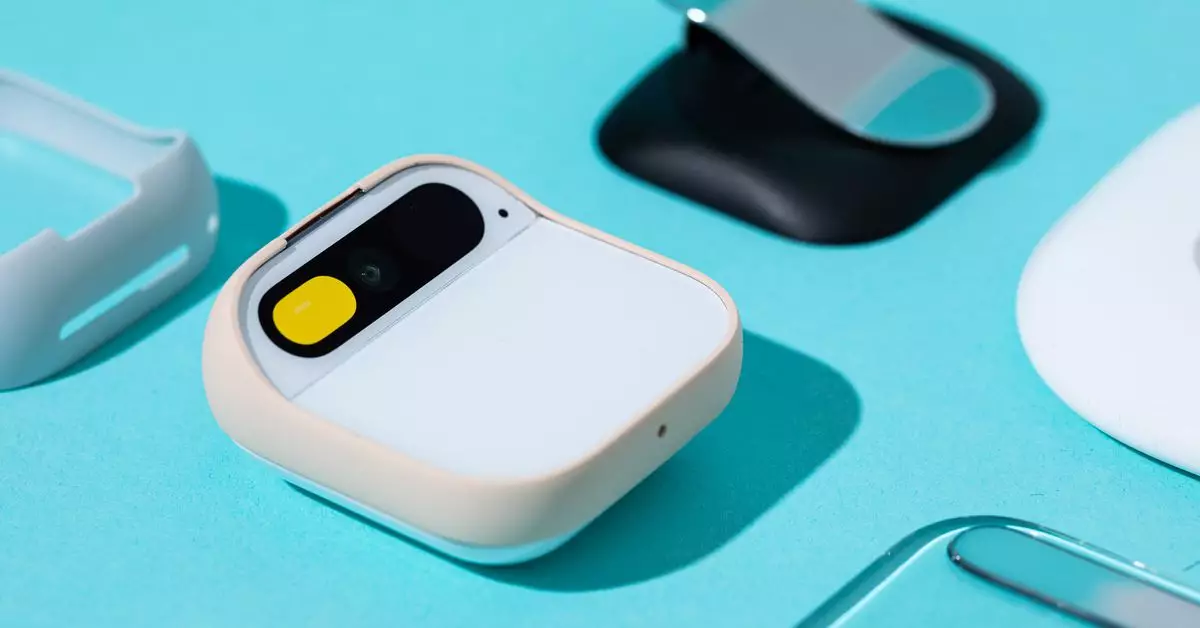Humane, a company striving to innovate in the realm of wearable technology, has recently made waves with its AI Pin by slashing its price by $200. Originally launched at a retail price of $699, the wearable now starts at $499 for the base model, aptly named the “eclipse.” This model is crafted from matte black anodized aluminum but comes without the extra battery or the charging case, features that have drawn scrutiny due to previous safety concerns involving battery fires. This drastic price cut raises questions about the product’s viability and reflects a significant response to its disappointing sales performance.
The Safety Concerns That Haunt the Product
One of the more troubling aspects of the AI Pin’s rollout has been the caution issued by Humane regarding the charging case. Identified as a potential fire hazard due to problems with specific battery cells supplied by a vendor, the company’s decision to recommend against using the case underscores the importance of safety in consumer electronics. This warning not only detracts from the product’s appeal but also creates an atmosphere of distrust among potential buyers. The option to purchase an additional battery for $69 may offer some relief to users, but it hardly elevates the device’s status in a competitive marketplace.
Adding to the complications surrounding the AI Pin is the requirement of a $24 monthly subscription fee for wireless service. In an era where many consumers are cost-conscious, this ongoing expense could serve as a considerable deterrent. The final price tag—beyond the initial cost—might alienate users who are searching for a straightforward, one-time purchase gadget rather than an ongoing financial commitment. The combination of a high initial price, additional battery costs, and a subscription service certainly doesn’t paint a rosy picture for Humane’s offering.
In the face of widespread criticism and lackluster user experiences, Humane has been persistently updating the AI Pin’s CosmOS software, introducing features that were apparently absent at launch—like timers. Nevertheless, frequent updates might not be enough to mitigate the device’s poor reputation. The tech community is often unforgiving, and the perception of a product often sticks longer than tangible improvements can shift consumer sentiment. Furthermore, the issue of many users returning their devices at a rate that outpaced new sales early this year showcases a fundamental disconnect between the company’s vision and consumer expectations.
The Road Ahead for Humane and the AI Pin
As the market for wearable technology becomes increasingly saturated, the AI Pin’s uphill battle for acceptance illustrates the challenges companies face when entering this competitive space. With Humane’s recent strategic decision to lower prices, it remains to be seen whether this will revive interest in the AI Pin. The initial excitement has largely waned, and unless they can convince consumers of the product’s value and safety, the company may need to reassess not just their pricing strategy, but the overall direction and enhancement strategies of their product line. The future of the AI Pin now hinges on how effectively Humane can realign its offering with the expectations and safety concerns of modern consumers.


Leave a Reply